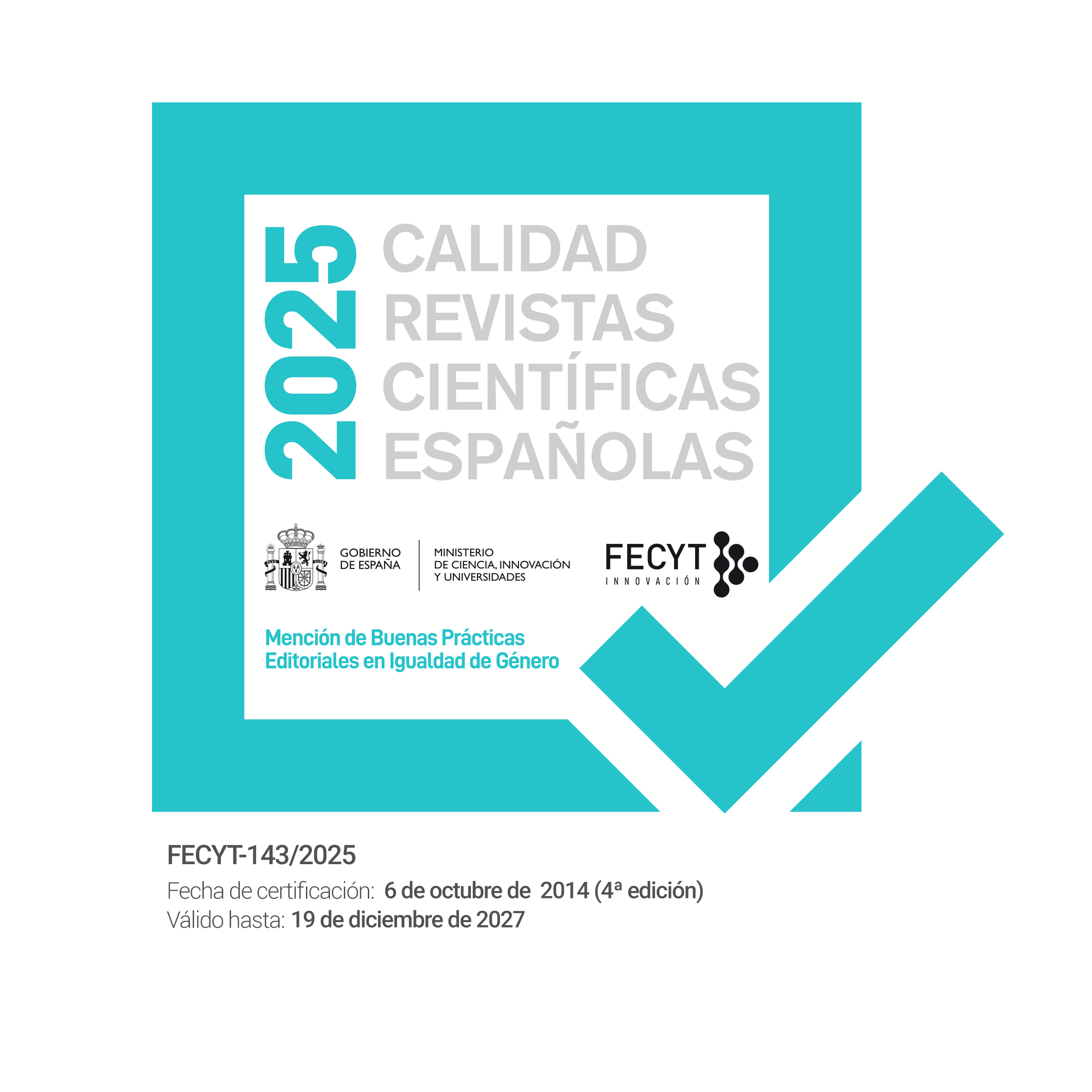THE USE OF EVALUATIVE LANGUAGE IN EFL TEACHERS’ REFLECTIVE JOURNAL WRITING: A CORPUS BASED STUDY
Keywords:
evaluative parameters, student teachers, English as a Foreign Language (EFL), secondary education, reflective journal writings, teachers’ professional identityAbstract
This article presents a computer-assisted discourse analysis of the main topics and evaluative parameters used by student teachers of English as a Foreign Language (EFL) in their reflective journals. By applying Bednarek’s parameter-based approach to the study of evaluation, 329 reflective journals (aprox. 90,000 words) were analyzed by using the UAM Corpus Tool. The correlation of three sources of data – topic analysis, evaluative parameters and keywords – allowed to uncover the most typical evaluative language choices made by EFL student teachers in their reflective journals and their overall evaluation of their training process during their prácticum studies. Results show that most journal entries pivot around the figure of the secondary student of EFL and that student teachers feel confident enough as to explicitly assess products, performances, and human behavior along the emotivity and the expectedness parameters. Findings are discussed in relation to the development of the EFL student teachers’ professional teaching identity and on the contextual factors that promote it or hinder it.
Downloads
Downloads
Published
How to Cite
Issue
Section
License
El Grupo de Investigación “La lengua inglesa en el ámbito universitario” HUM-397 conserva los derechos de copyright de los artículos publicados y permite la reutilización de los mismos bajo licencia Creative Commons: Creative Commons Atribución-NoComercial-SinDerivar 4.0 Internacional: se pueden copiar, usar, difundir, transmitir y exponer públicamente los artículos mencionados, siempre que (a) se cite la autoría y la fuente original de su publicación, (b) no se usen para fines comerciales, (c) no se creen obras derivadas mediante su transformación, (d) se mencione la existencia y especificaciones de esta licencia de uso.








